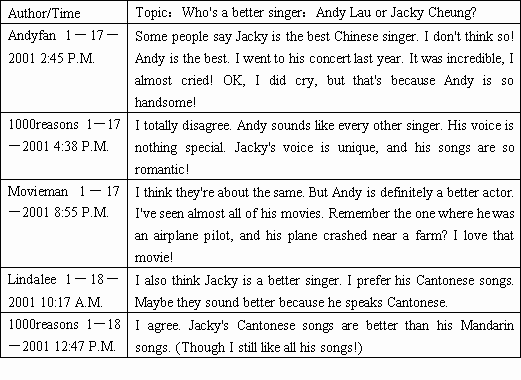题目内容
When English people meet, their first words will be “How do you do?” or“How are you?” After the
reply “How do you do?” or “Fine, thank you, and you?” they often talk about the weather. The reason for this is not simply that their weather is interesting and changeable but that the English people don't like
talking about personal matters (私事) with people who are not friends. Talking about the weather can be a useful way of starting a conversation with a stranger in public.
B. Say “goodbye” to each other.
C. Talk about the weather
D. Talk about their personal matters.
B. How are you?
C. How do you do?
D. I'm fine, too.
B. Because they don't like talking about personal matters with stranger.
C. Because the weather is changeable.
D. A, B and C are all right.
B. start a conversation with a stranger.
C. say “goodbye” to a stranger.
D. study the weather.
B. English people usually talk about personal matters with friends but not strangers.
C. English people like talking about personal matters with strangers in public.
D. The weather in England is interesting and changeable.

| |||||||||||||||||||||||||||||||||
| |||||||||||||||||||||||||||||||||

